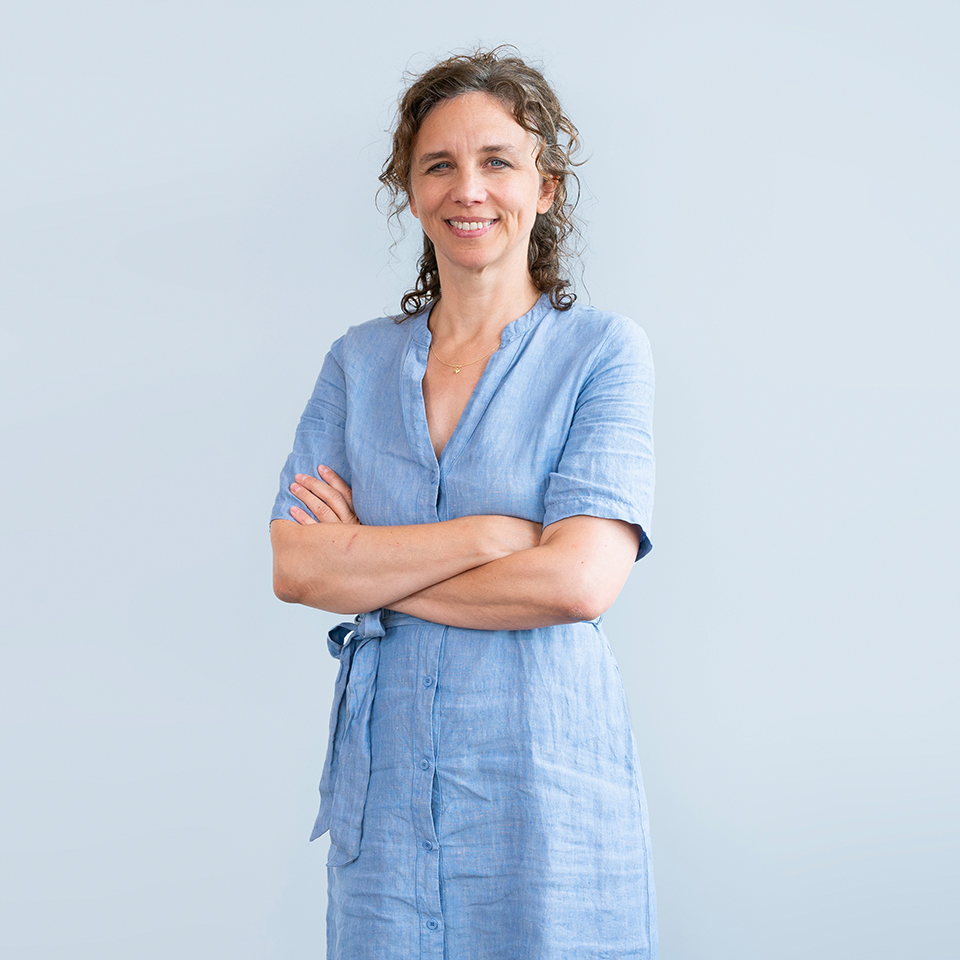myclimate sent its political and carbon markets experts Rosmary Millan de Kuhn, Franziska Heidenreich, Florian Goppel and Fabian Kohler, and Kai Landwehr, Head of Marketing, to attend various sessions of the two-week conference. Having not attended COP28 in person in Dubai, we wanted to use this conference as a concerted effort to engage in direct exchange with project partners and stakeholders from politics, society and business.
Financing remains a contentious issue - a joke or a possibility?
Climate finance dominated the discussions until the end, and despite a last-minute compromise, it remains a global issue without a satisfactory resolution. Developing countries, which are disproportionately and unfairly affected by climate change and face immense challenges in achieving sustainable development, had demanded USD 1.3 trillion per year, mainly from developed countries. The final decision in Baku promises only USD 300 billion per year by 2035 - a tripling of previous pledges, but still far from enough. The decision is fraught with uncertainties, particularly over the binding nature of the commitments and the identity of the contributors.
This seemingly inadequate resolution jeopardises critical progress and the global collective effort to achieve the goals of the Paris Agreement. Whether seen as a “joke”, as Nigeria's representative called it, or simply “the best that could be achieved”, as Germany's Foreign Minister Annalena Baerbock described it, the financing gap highlighted in Baku underlines the urgency of developing alternative and immediate financing mechanisms.
Article 6: between progress and disunity
Article 6 of the Paris Agreement – see our in-depth contribution – was one of the most-discussed topics at the Climate Conference COP29. Progress was made on the market-based mechanisms in Articles 6.2 and 6.4.
- Article 6.2: we were able to experience this live in many conversations and side events. Bilateral agreements are making progress. Countries such as Ghana, Switzerland and Singapore demonstrated progress, and new partnerships – such as between Zambia and Sweden – were established. Nevertheless, this mechanism remains strongly influenced by national interests to this day, and its impact is accordingly limited.
- Article 6.4: the agreement on a global framework for carbon markets was a key success of the conference. With stricter quality standards now to be implemented and a clear focus on transparency, the mechanism in Article 6.4 offers the potential to promote credible projects with integrity. It is more cumbersome compared to the projects under 6.2, but opens up the possibility of significantly scaling up investment in sustainable climate measures.
Carbon markets 2.0: A new chapter
In this context, the term “carbon markets 2.0” was also a frequent topic of discussion in the hallways and panels at the Climate Conference COP29. Further development and a new growth phase are expected for the voluntary carbon markets, which are still relatively limited in terms of their impact today. These markets aim to have a complementary effect. Climate action beyond individual value chains complements reduction measures within them in a targeted manner and enables fast, effective contributions to global climate targets.
As discussed at various points, including in the panel co-hosted by myclimate, climate projects can enable credible contributions from the private sector with the “contribution model”. Such contributions go far beyond the compensation logic that has prevailed so far. Stricter and harmonised standards and more independent audits are a prerequisite for this, as promoted by independent bodies such as the Integrity Council of Voluntary Carbon Markets (ICVCM).
The extent to which developments relating to Article 6.4 will play a role in scaling up voluntary markets remains to be seen. The basic tenor was that new, stronger markets could lead to faster and increased investment for the common good across the globe. While voluntary markets can act more quickly and with greater flexibility, they will certainly increasingly benefit from the learning effects and standards of regulated mechanisms like Article 6.4.
Opportunities for the private sector
The discussions at the Climate Conference COP29 once again made it clear that the private sector must play a key role in closing the funding gap. Carbon markets offer companies an opportunity to do so. But quality remains the decisive factor: only projects that comply with environmental and social standards with transparency and integrity can build trust in the long term.
Our conclusion
Every year, the Climate Conference COP shifts the focus to international climate policy. Coverage mainly focuses on the large plenum and the wrangling over a final declaration that is frequently perceived as insufficient (which unfortunately it often is). Above all, however, we felt a sense of seriousness on the ground. Baku was on many levels a working COP. The decisions taken there – including the agreements not reached – as well as plenty of good discussions and meetings, strengthened our resolve to play an active role in shaping positive change. Regardless of the conference and global political developments, now is the time to act together.
We will continue to support you in achieving your climate targets with solutions and expertise!

